POLITHEOR
European Policy Network
Blog 3 Columns
- Home
- Blog 3 Columns

Development through sport: the EU and the Olympics0
- International Relations and Global Affairs, Op-ed
- 06/07/2016
Sport has become an essential tool in the European Union’s soft power approach. Over the past few years, the political vision promoting economic development through sport has become a standard practice in Europe’s policies of solidarity and sustainable development. Yet, how can the European experience help improve the Olympic ideal of using sport to promote peace and prosperity?
READ MORE
Not-so-green games for a blue planet0
- Environment and Energy, Op-ed
- 06/07/2016
The organisers of the Rio Olympic Games promised to clean up Rio’s dangerously polluted waterways and provide sanitation for at least 80% of the inhabitants before 2016. As the games draw near, they admit that they have failed, but claim that there are no risks to athletes or to the general public.
READ MORE
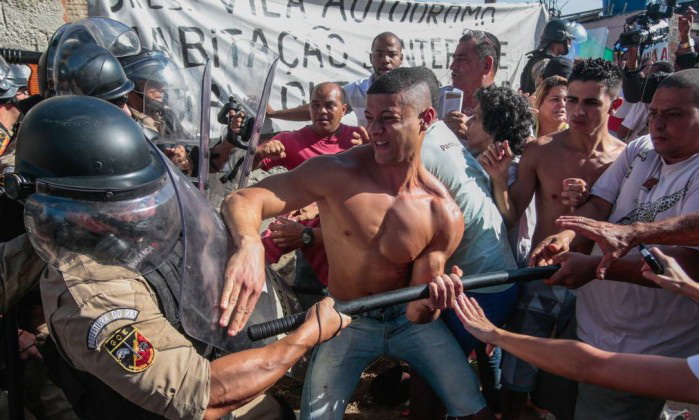
Bread and games and evictions0
- International Relations and Global Affairs, Op-ed
- 05/07/2016
The defeat of the Brazilian team at the hands (feet?) of the German Mannschaft two years ago is etched in our collective minds. The match – though remarkable – had little to do with that. What stuck was the reaction of the public and the images of heartbroken football fans that went around the globe. They showed a nation that had betted a lot on football – and lost.
READ MORE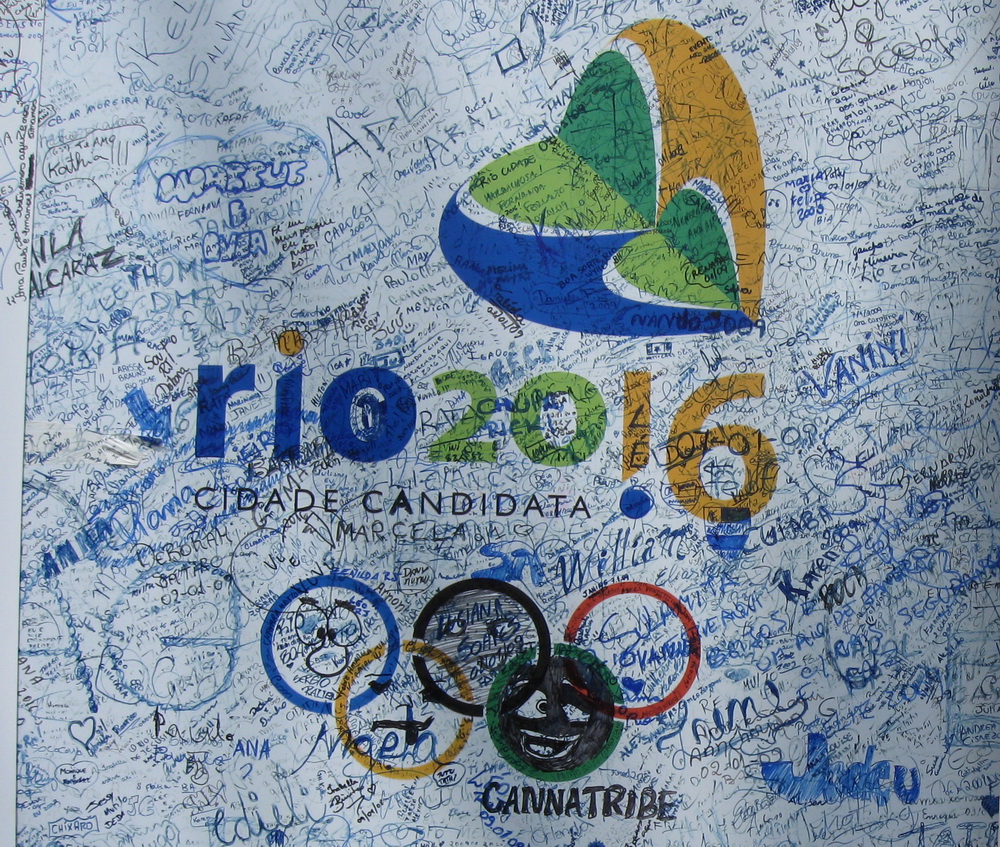
Rio 2016’s Unenduring Legacy0
- International Relations and Global Affairs, Op-ed
- 04/07/2016
The 2016 Olympic Games in Rio de Janeiro have been heralded from the start as ‘legacy games’. One key component of the Rio 2016 legacy plan is increased sport participation for low-income children and youth, with a number of public programs set up, and substantial funding channeled, toward this goal. One month before the Games are scheduled to begin, however, this legacy has yet to leave a lasting mark.
READ MORE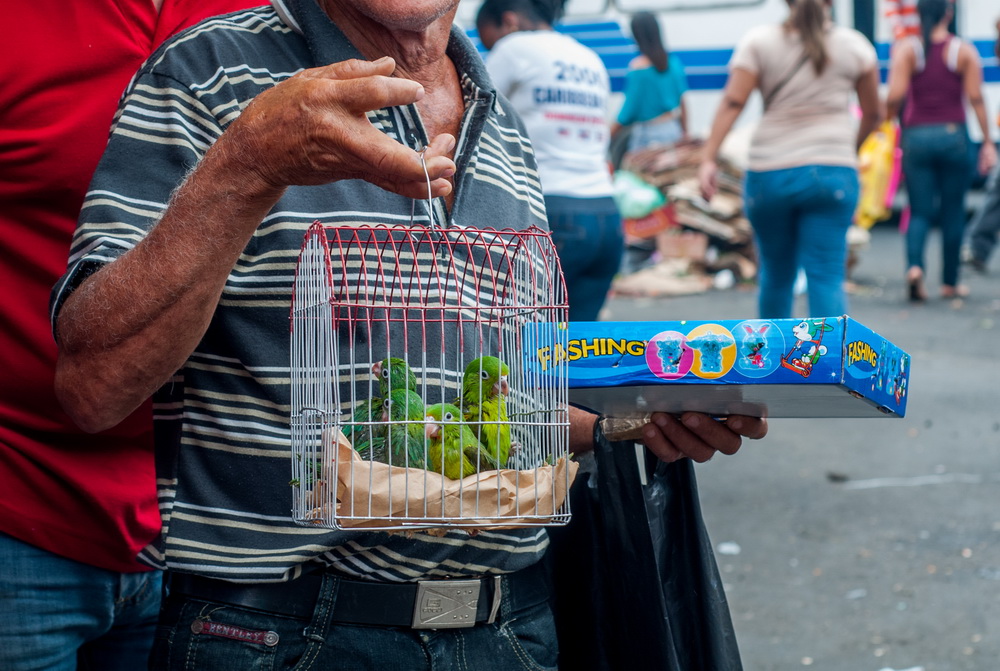
The Rio Olympics: Green or a Greenwash?1
- Environment and Energy, Op-ed
- 04/07/2016
Rio won the honour to host the Olympic Games on the idealistic promise it will leave a “sustainable legacy”. There is, however, a distinct difference between the ideal and the reality when the Olympic Sustainable Management Plan fails to combat the booming Brazilian illegal wildlife trade. The international community are on one hand promoting Rio as green, but on the other accepting their contribution to what the UN has recently found to be ‘an unprecedented threat to wildlife’ by allowing Rio to host the world’s biggest international sporting event.
READ MORE
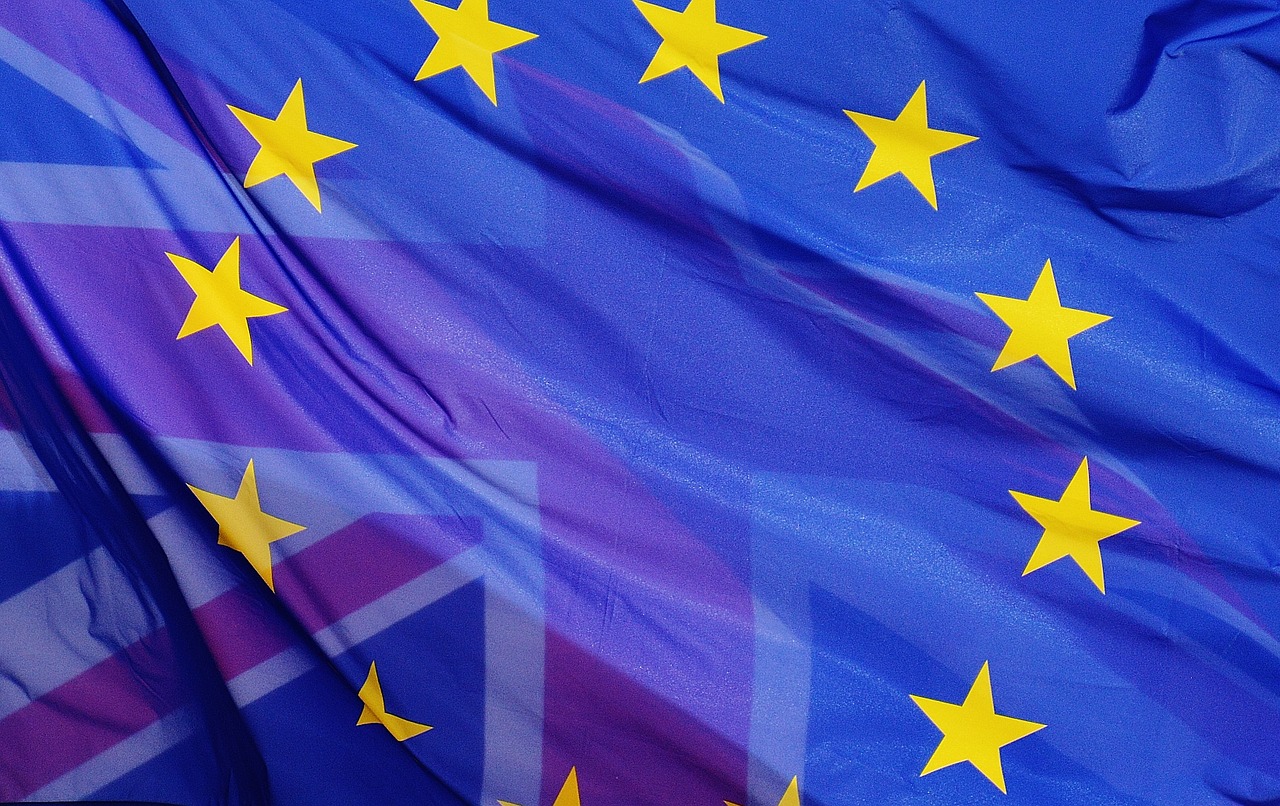
Who’s afraid of the big (bad) EU?0
- EU Governance and Politics, Op-ed
- 01/07/2016
The reason to stay in the post-Brexit EU should not be based on fear.
READ MORE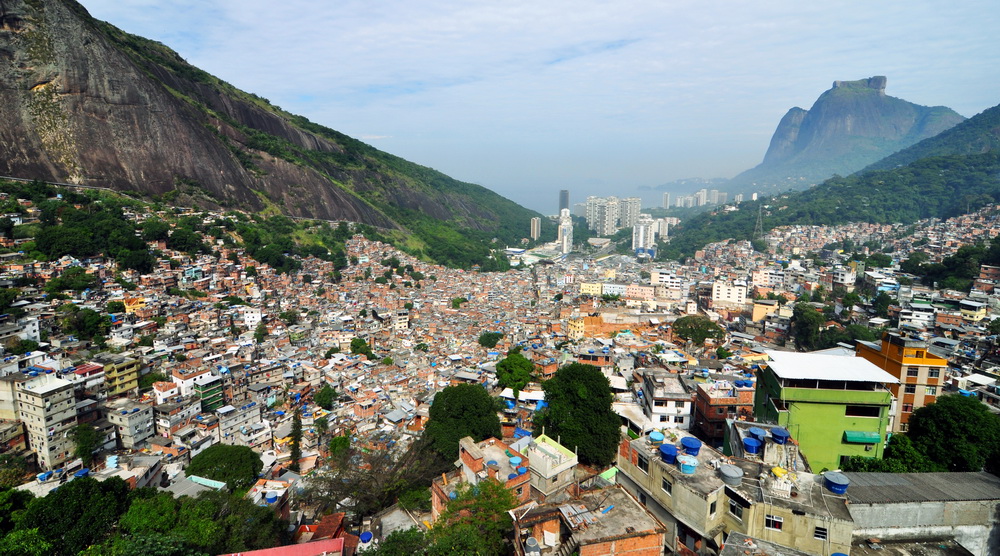
The unexpected champion: How Rio’s favelas strive to go green while Olympic legacy falls short1
- Environment and Energy, Op-ed
- 01/07/2016
The municipal government of Rio de Janeiro has promised to urbanize its favelas by 2020, but projects supposed to upgrade the favelas’ infrastructure and create jobs have quickly lost momentum. Fortunately, an unexpected champion has emerged, as residents of favelas have come together and taken the initiative to “green” their communities with reforestation projects, rooftop solar panels and community food gardening, highlighting how sustainable urban design should be done.
READ MORE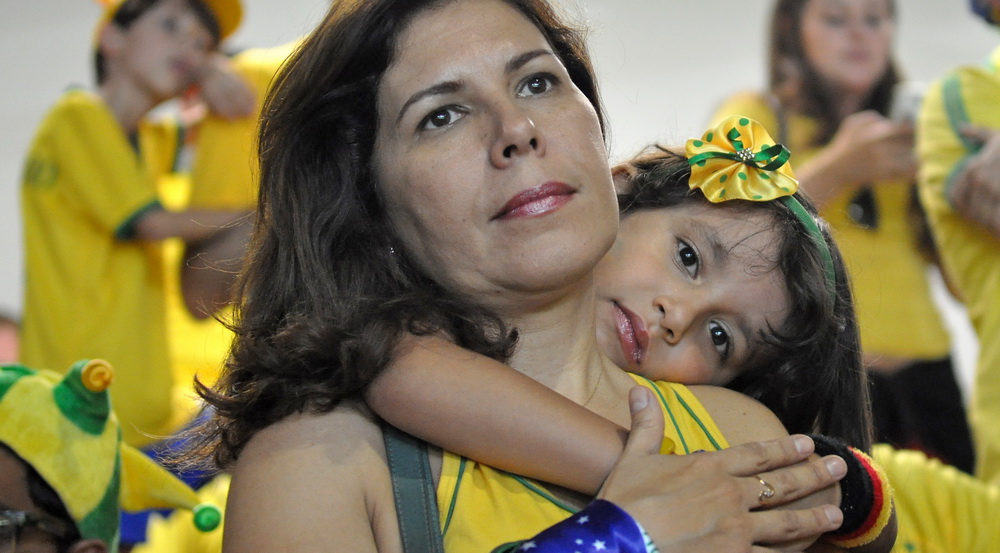
There is something –missing– about Brazil: Women, social protest and massive sports events0
- Human Rights and Migration, Op-ed
- 30/06/2016
Brazil is used to dealing with two issues lately: massive sport events and extensive social protests that challenge them. Yet the recent brutal gang rape provoked a discourse that had always been downplayed, forgotten – or neglected. When massive sport events make the sex industry flourish, how do we address and tackle the underlying stigmatization of women in Brazil? Authors: Irene Zugasti & Simon Marijsse
READ MORE
